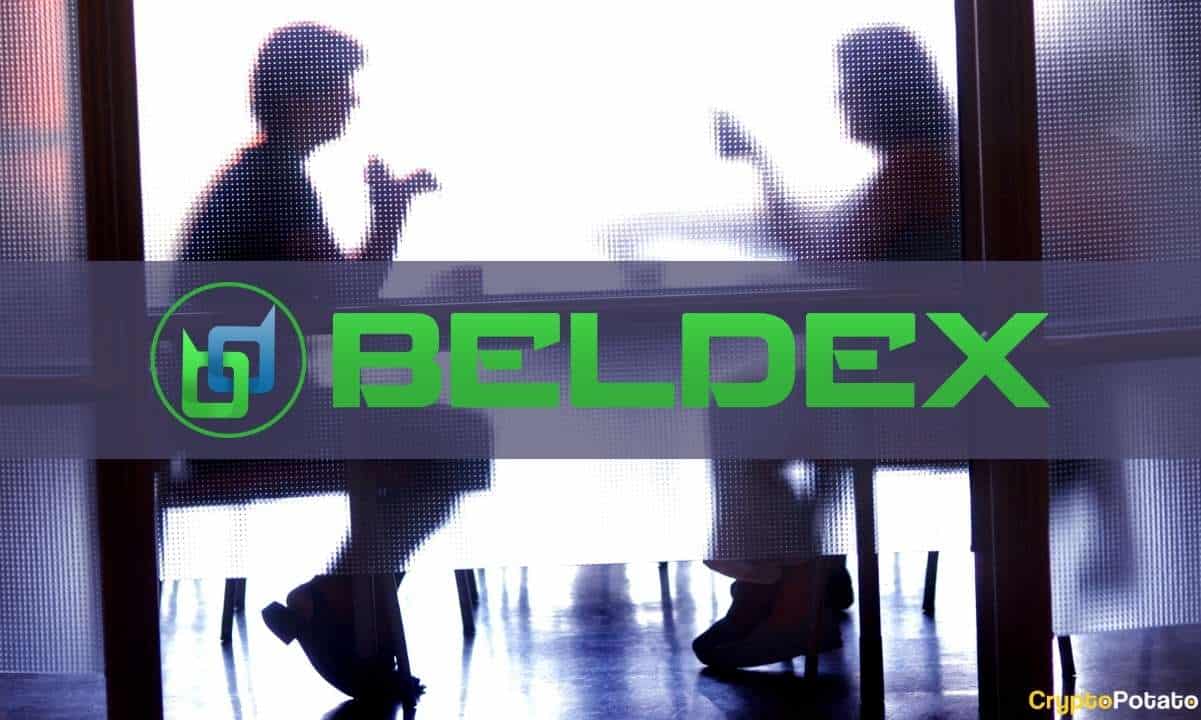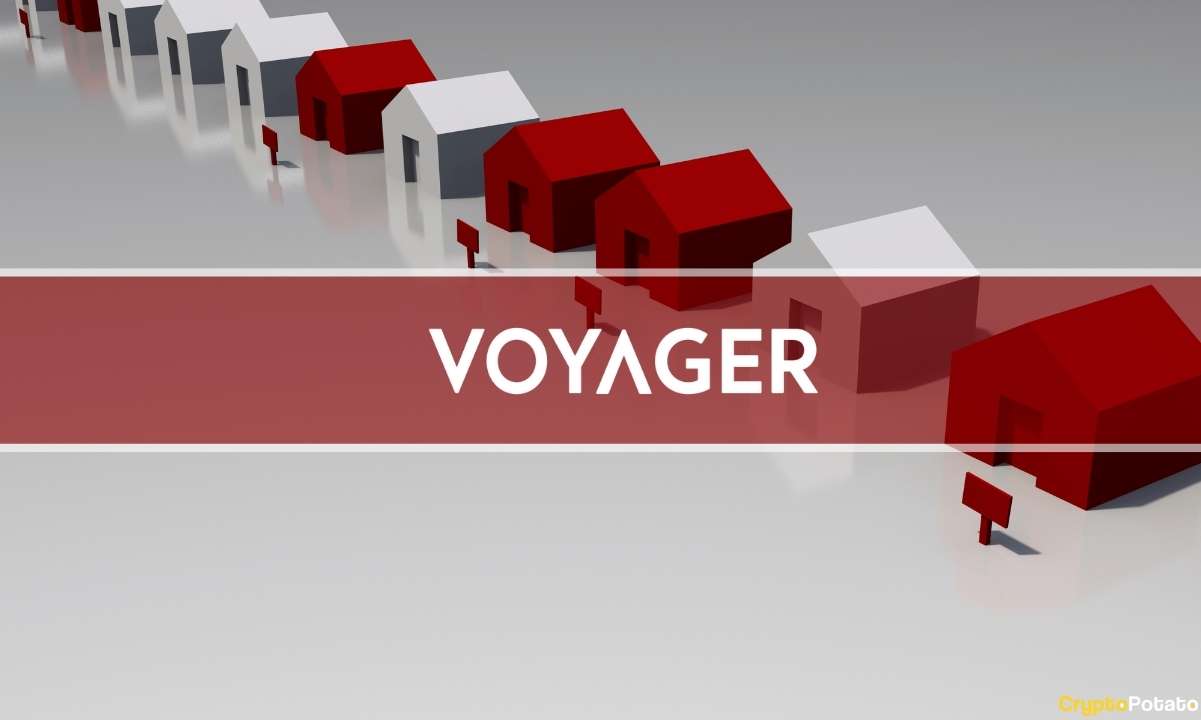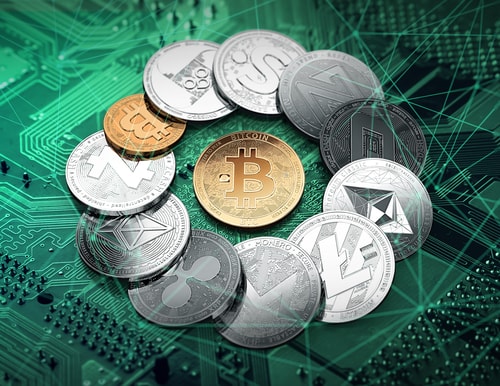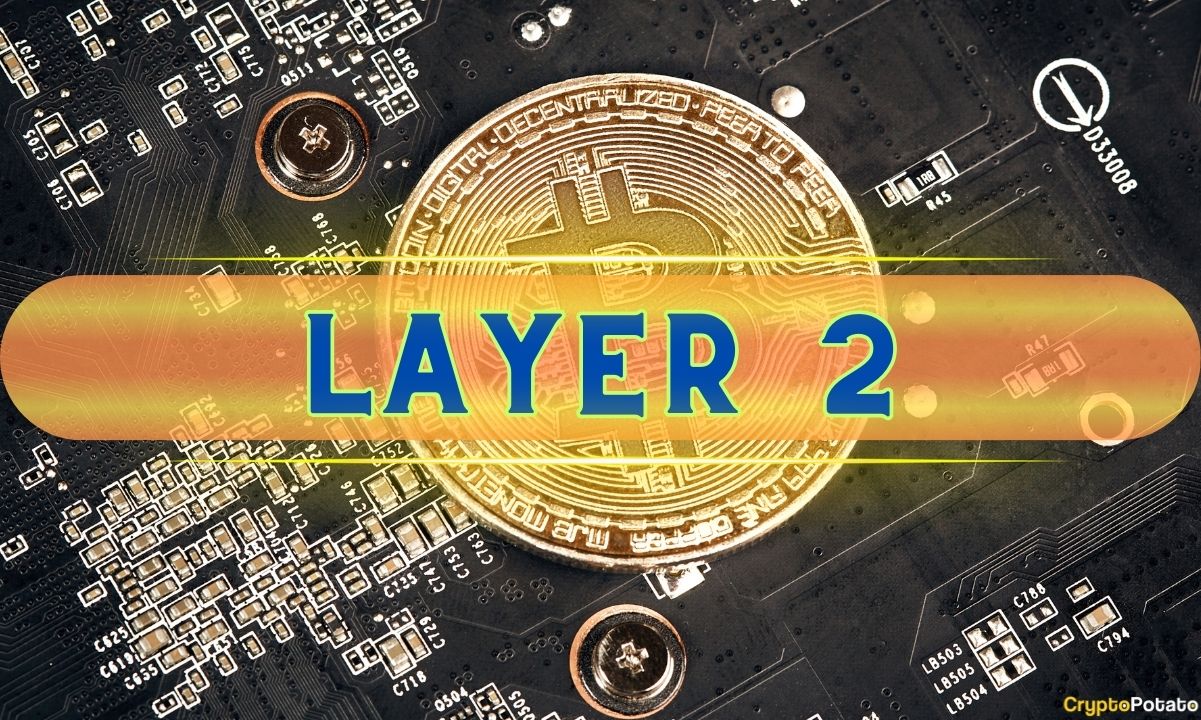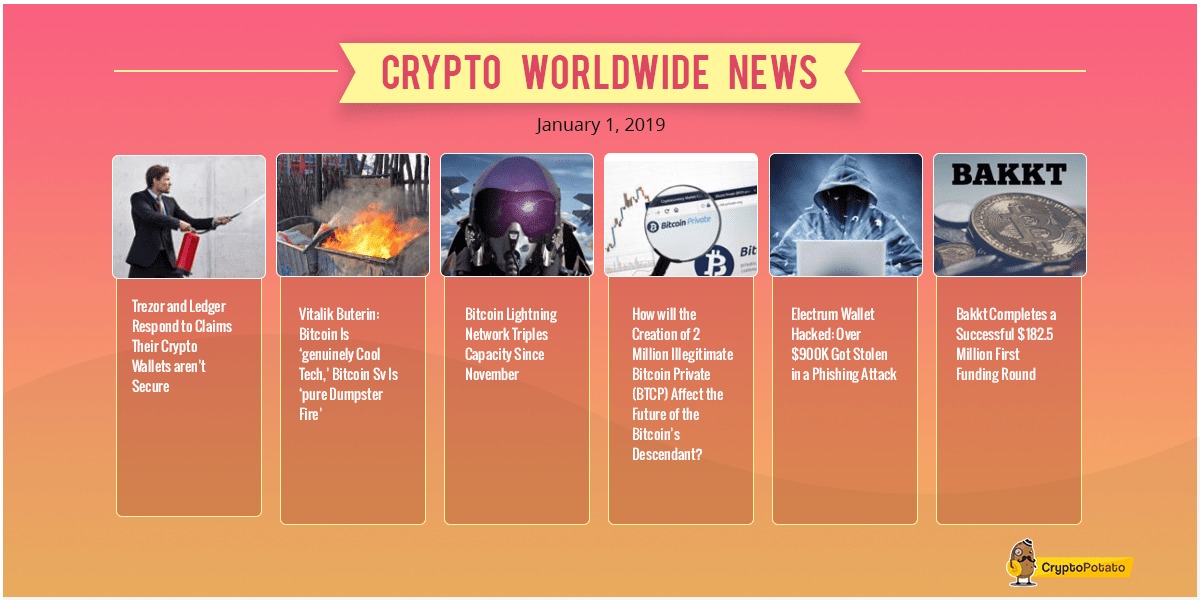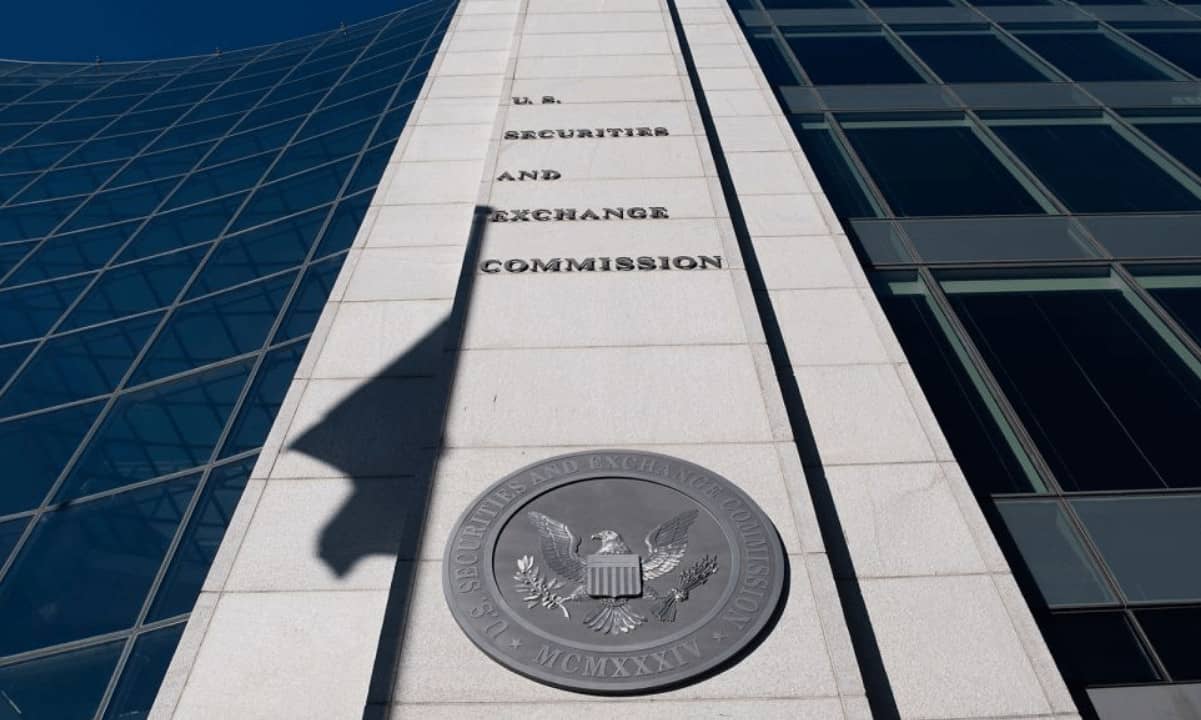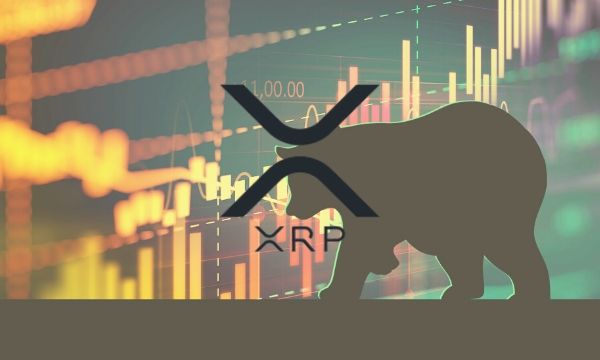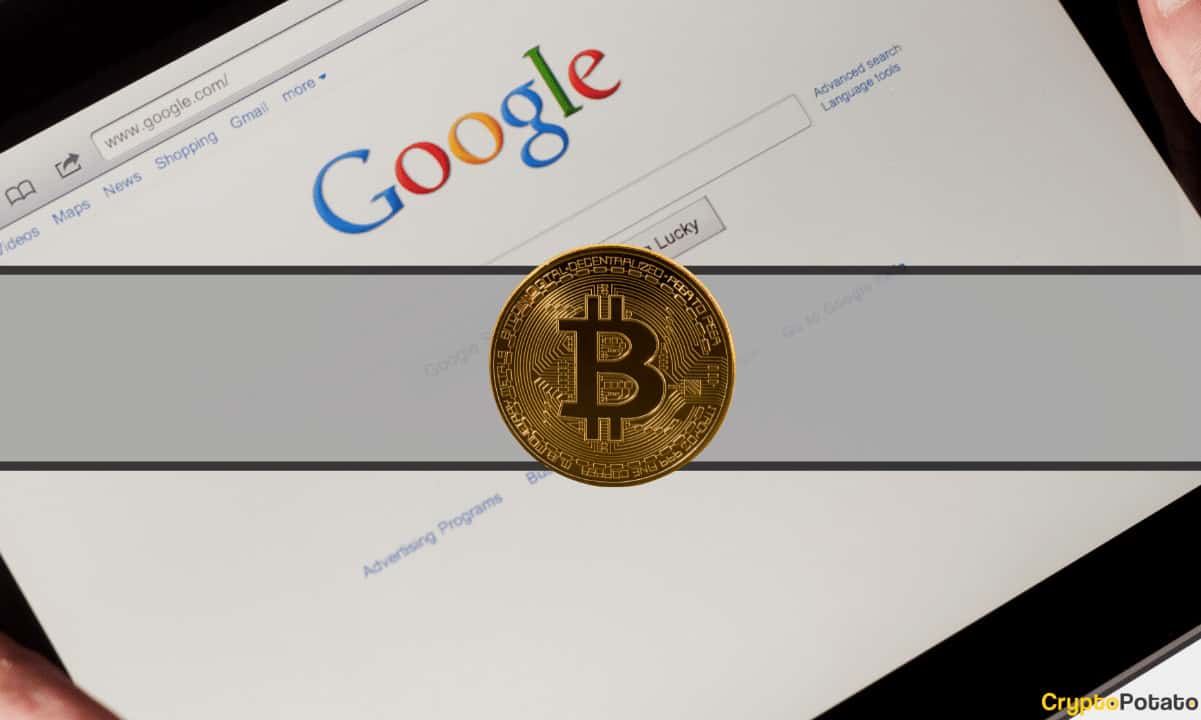Metamask Founders Called the Crypto Space a Casino Prone to Ponzi Schemes
In an interview with VICE, Metamask’s founders voiced explicit criticisms against the rampant scams and the gambling nature of certain projects in the crypto ecosystem. In terms of addressing security issues that potentially expose users to cyberattacks, co-founder Dan Finlay said there is only a certain extent to which the company can go to protect users from exploits.
Crypto as a Casino
When Metamask’s co-founder Aaron Davis launched the popular decentralized wallet specifically for the Ethereum Blockchain, he did not picture that the layer-one network could be “so primarily financial” as it is now.
Instead, he expected the protocol would be used more for solving real-life issues, like those only resolved by national governments. For instance, the idea of collective organization could be pushed further to spur a state of “self-regulation” beyond the crypto community, he added.
Unlike many industry leaders shedding an unrestrainedly positive light on digital assets, the duo – Aaron Davis and Dan Finlay – held a relatively cautious and realistic view of the ecosystem.
Not surprised about the bloodbath getting unfolded quickly across various fields in the space, the pair noted that it has demonstrated the ecosystem is like “an unsafe casino,” where people gamble with little knowledge of the risks they’ve put themselves in. Both blame it on some bad actors “not acting in line with the crypto ethos of transparency.”
Metamask’s Limitations
As a primary facilitator of the rise of DeFi and NFTs in the past years, Metamask enables users to have custody of their digital assets conveniently. The rising popularity of decentralized wallets also led to the soaring cases of phishing hacks in NFT, thus causing a large sum of money to be stolen by exploiters.
Though dedicating “all his time” to solving such a critical issue for his clients, Finlay said there is a limit to how much the firm could do to protect clients’ interests. He attributed such a reality to the fact that crypto has “unfortunately” revealed how unsafe everything is in the modern computer system.
“We kind of uncovered the nasty truth that our computer systems are basically not very safe, and the average person, if directly targeted, can be exploited. And we’re kind of starting to reverse engineer a secure computing stack”
Metamask’s Dilemma
Regarding the overwhelming number of Ponzi-like projects registering their own tokens through Metamask, Finlay admitted that his firm couldn’t impose a ban on such projects. All they can do is to “deprive them of the precious oxygen of exposure.”
The ongoing market correction is challenging for most crypto firms, as many have chosen to trim workforces to reduce operational expenses. We also witness a sharp decline in activity as Metamask’s overall performance is closely linked to the market condition, said Davis.
To incentivize users to use its services more often, the company could add the feature of “prediction markets” to boost activity simply by “nudg[ing] user behavior a bit,” but the co-founder soon found it as a dangerous power equivalent to entice people to gamble.
“If we were to be bad actors, we could encourage people to gamble. That’s not what we want to be.”

